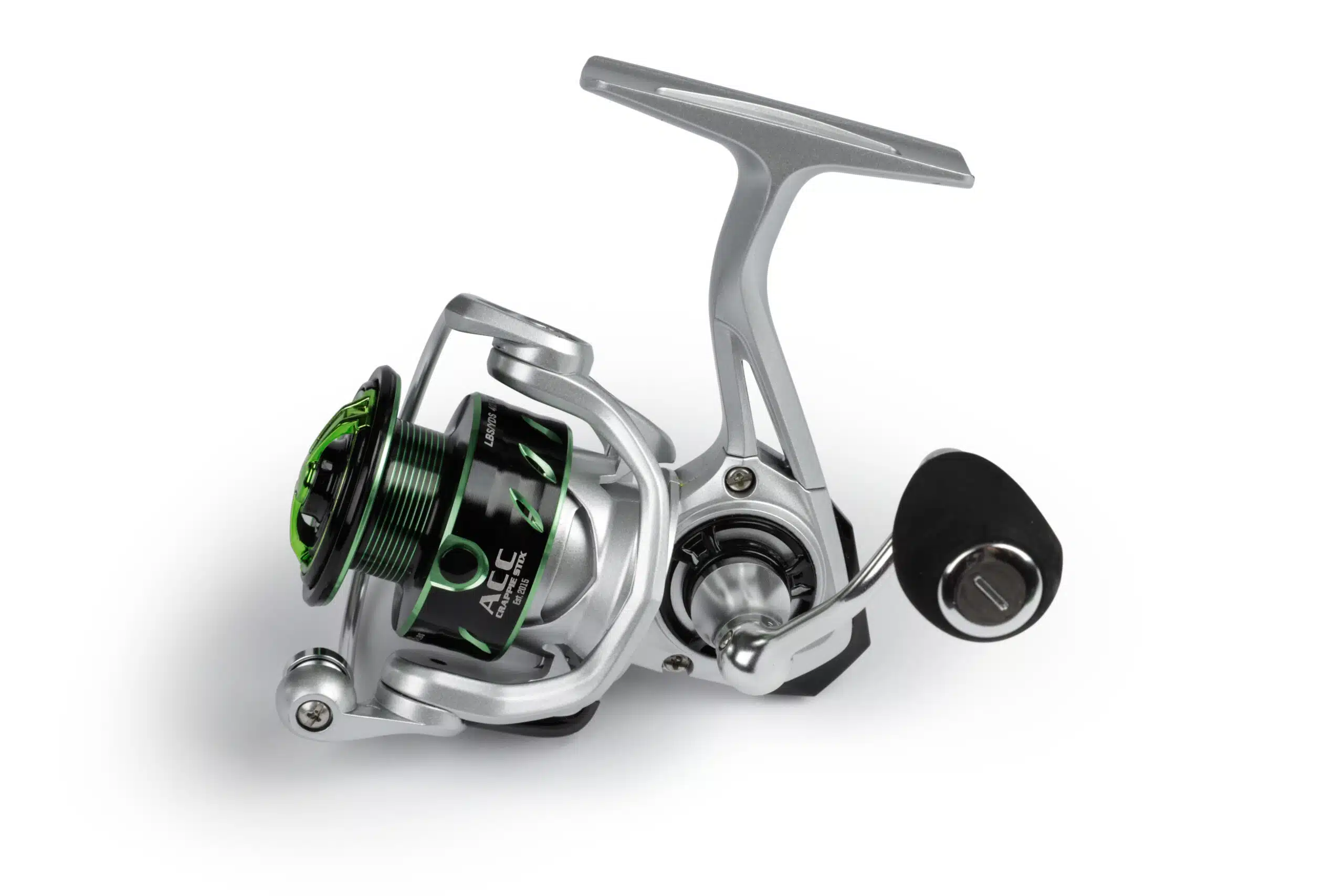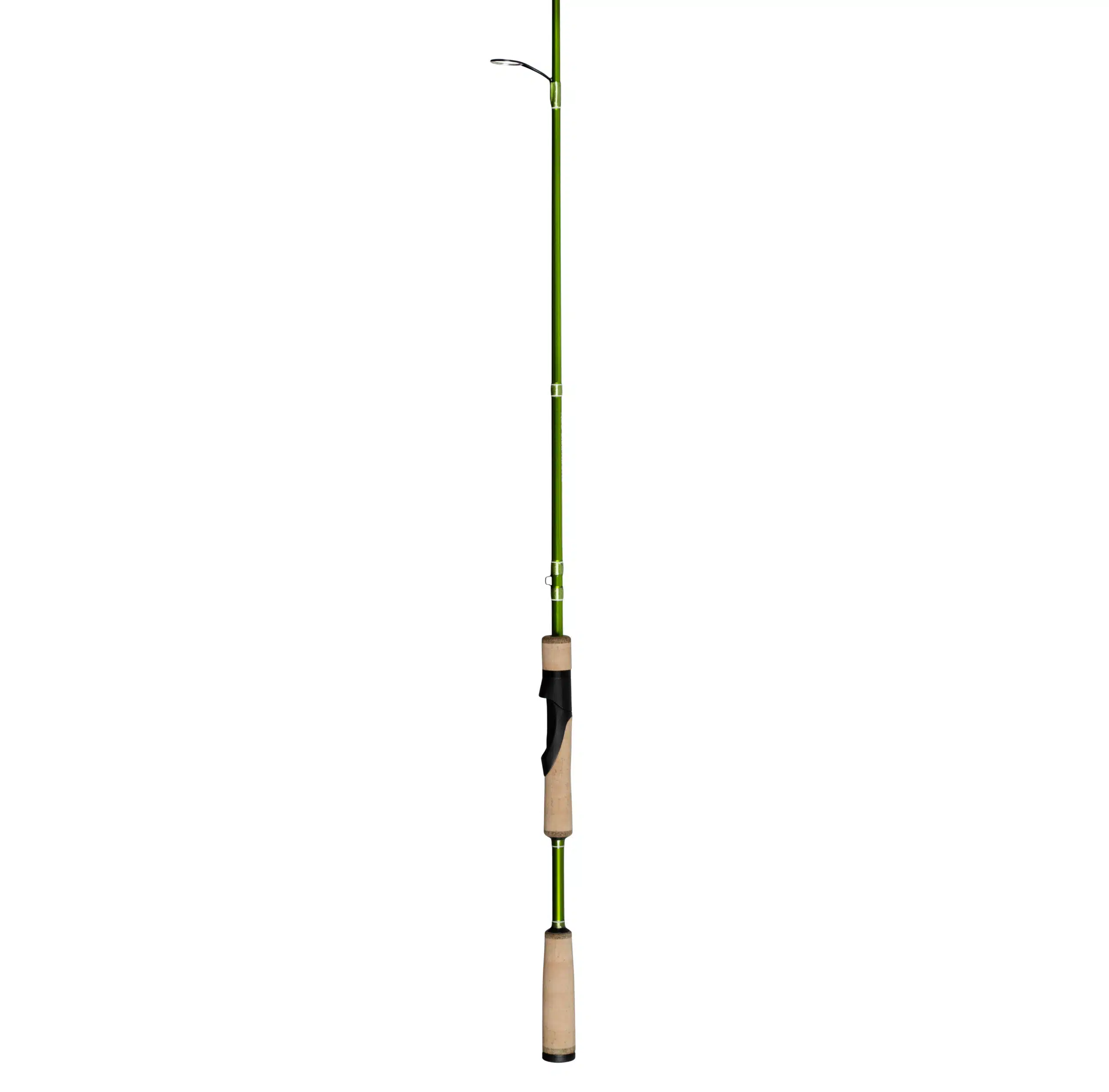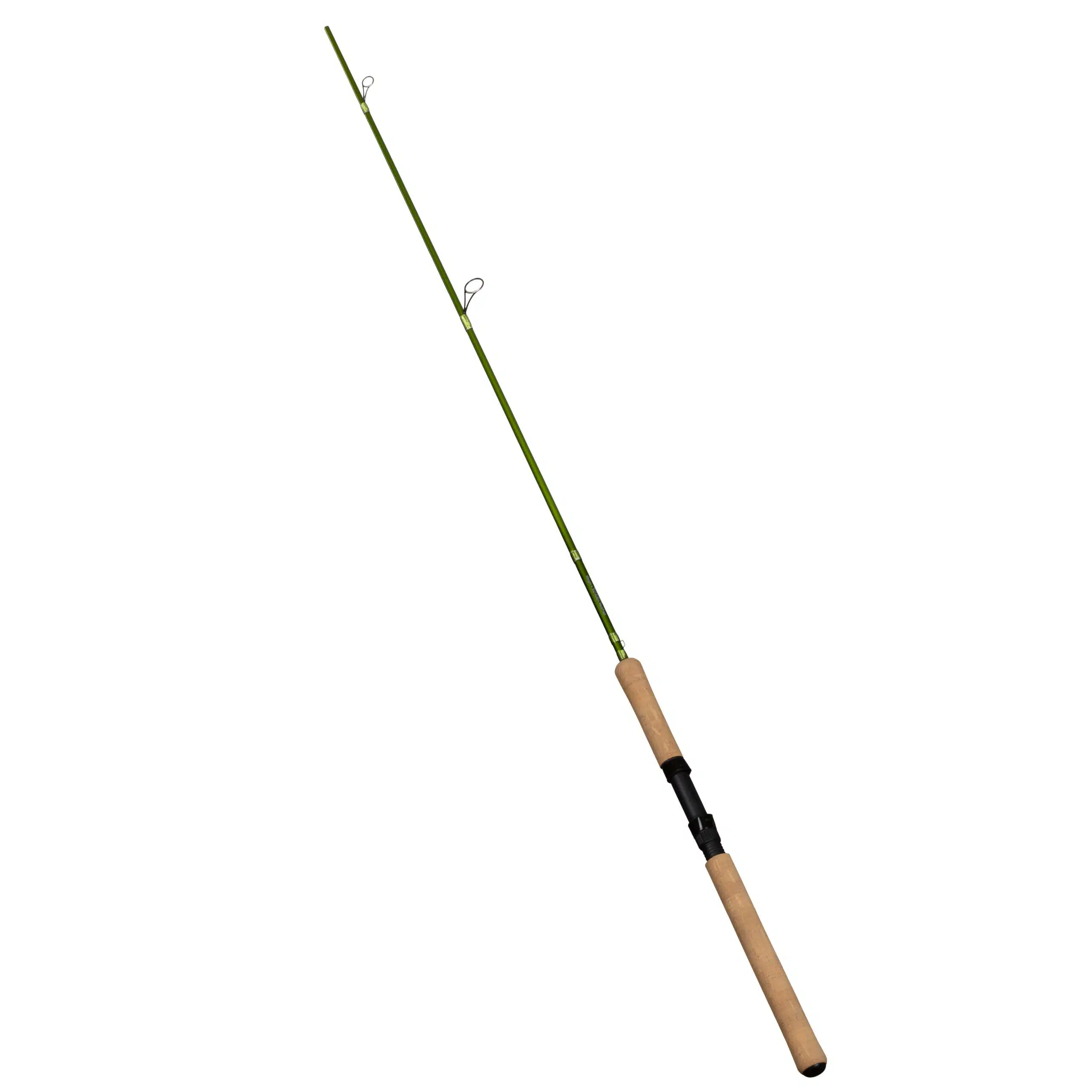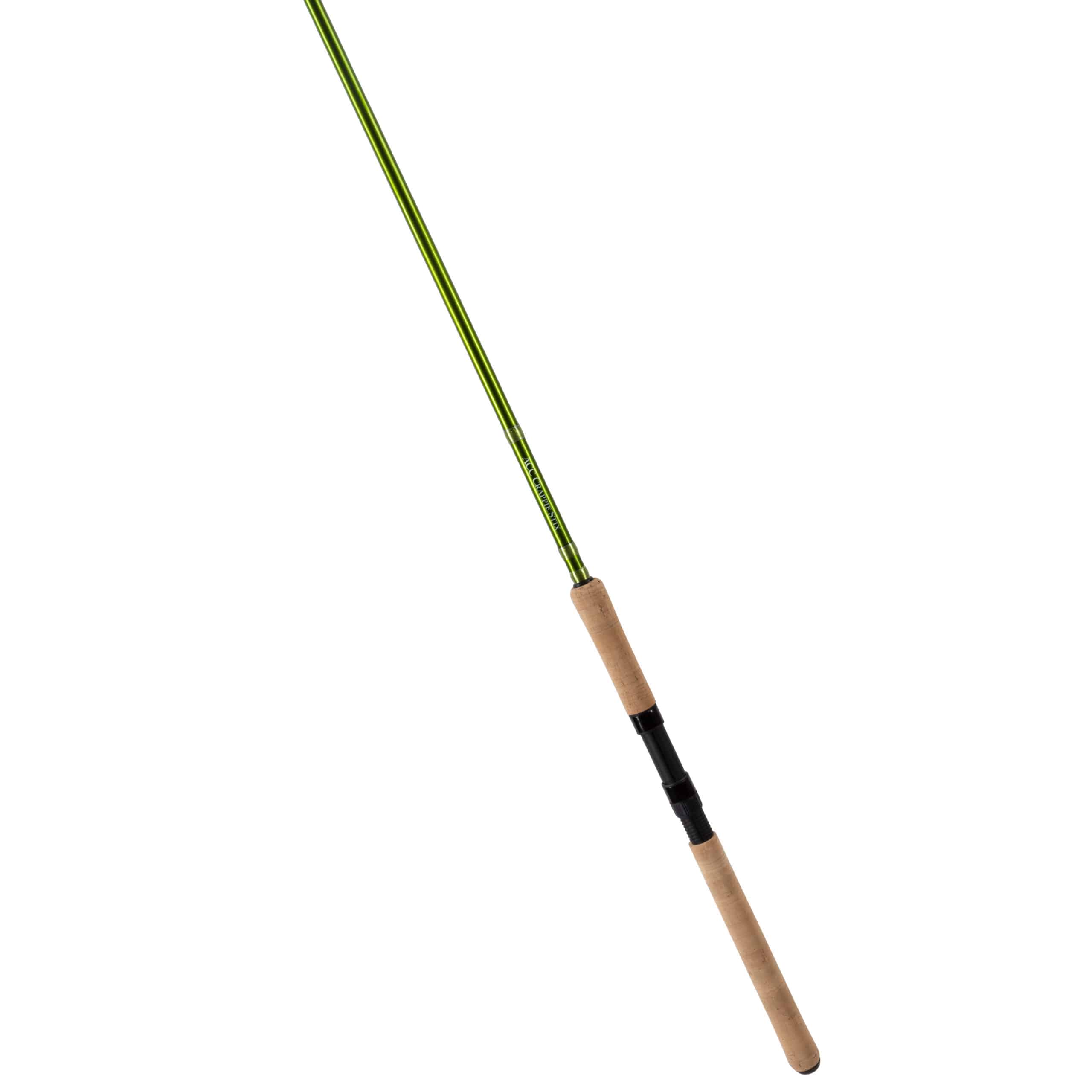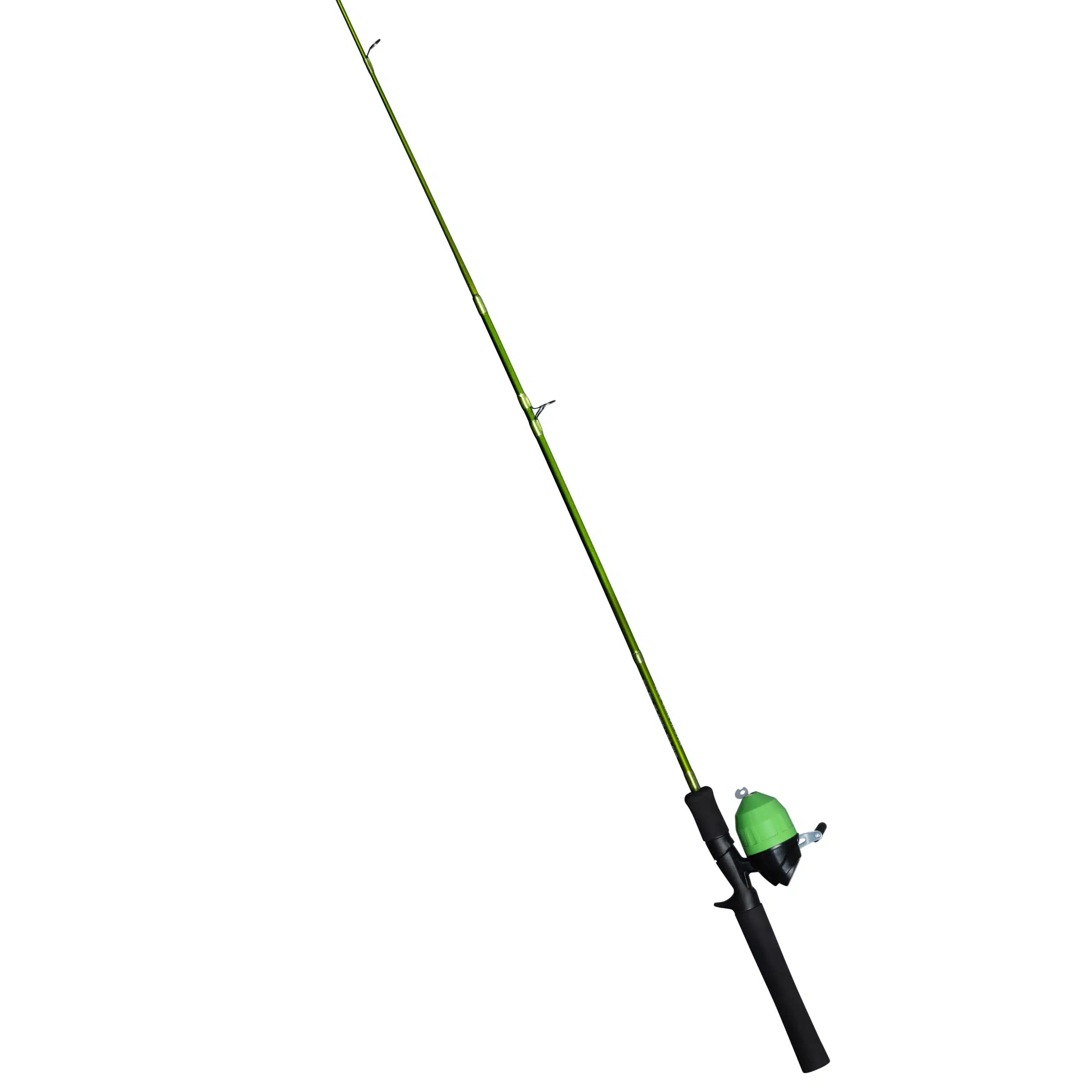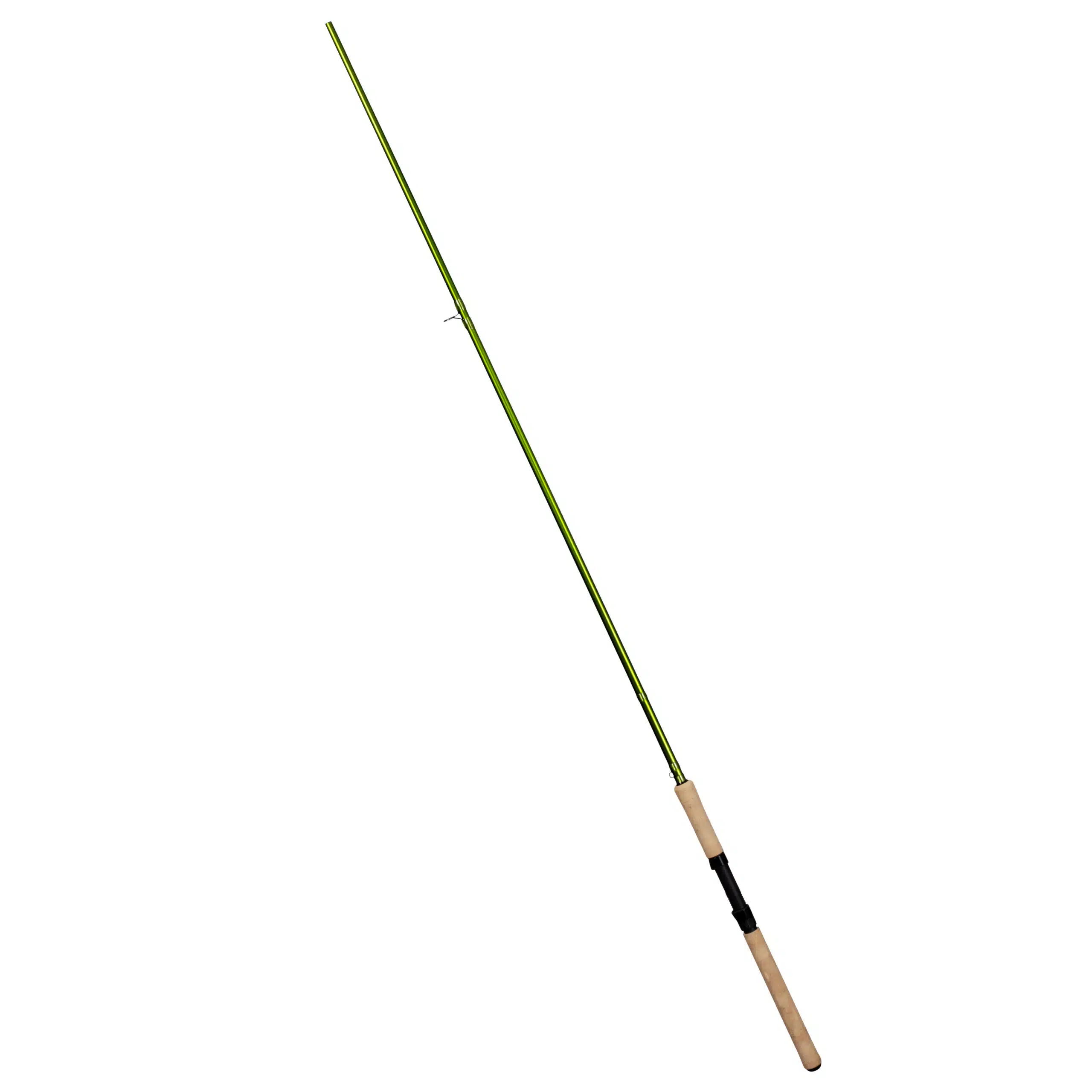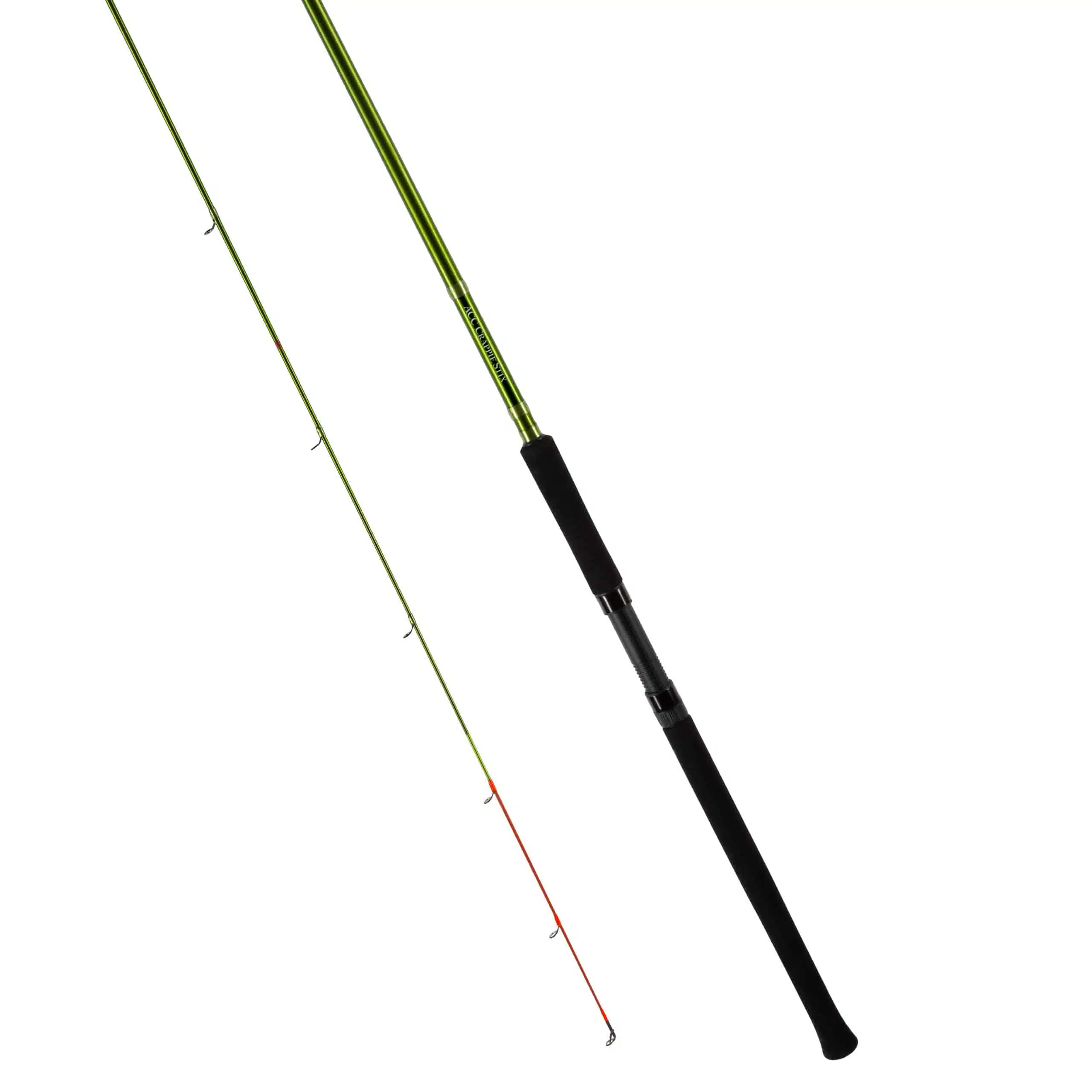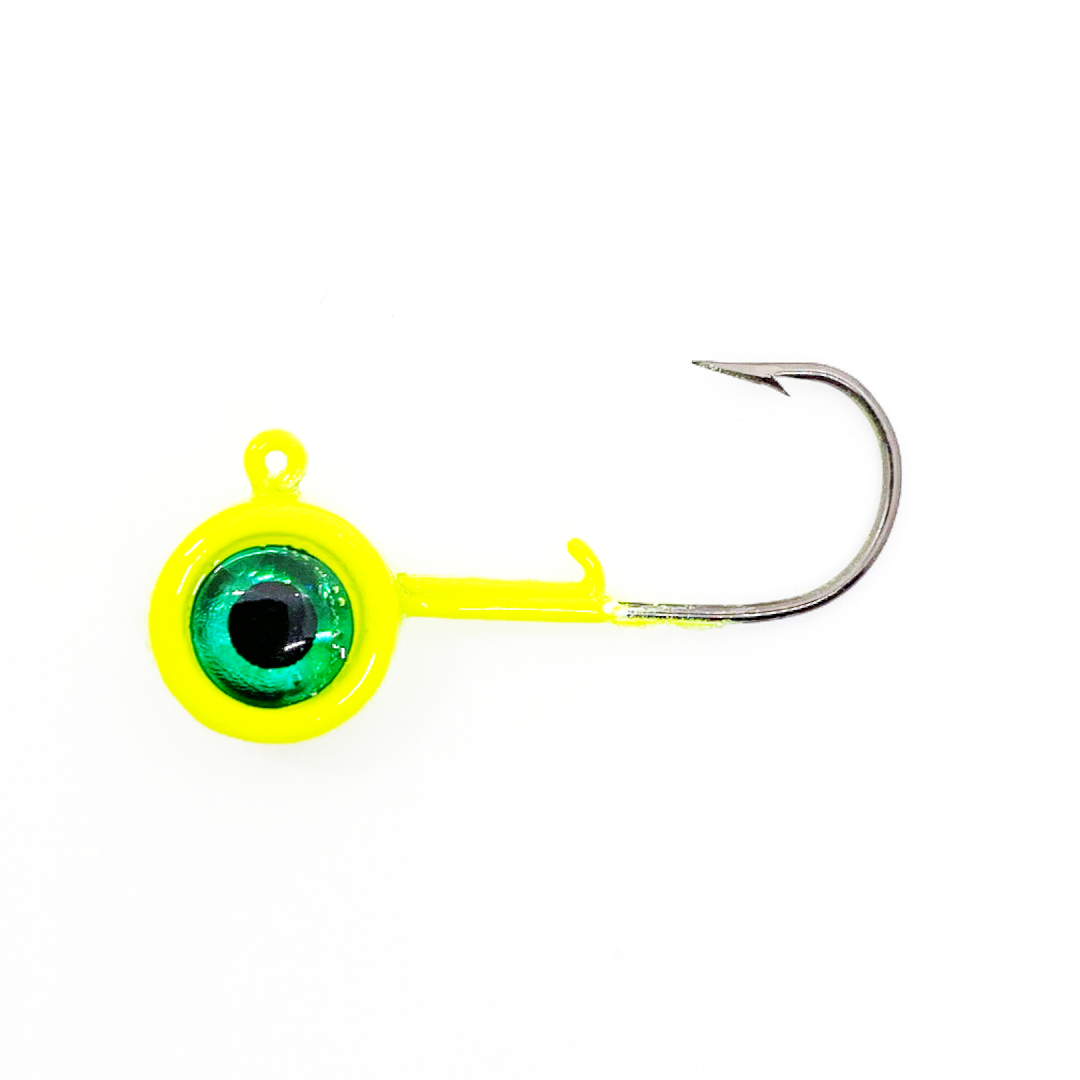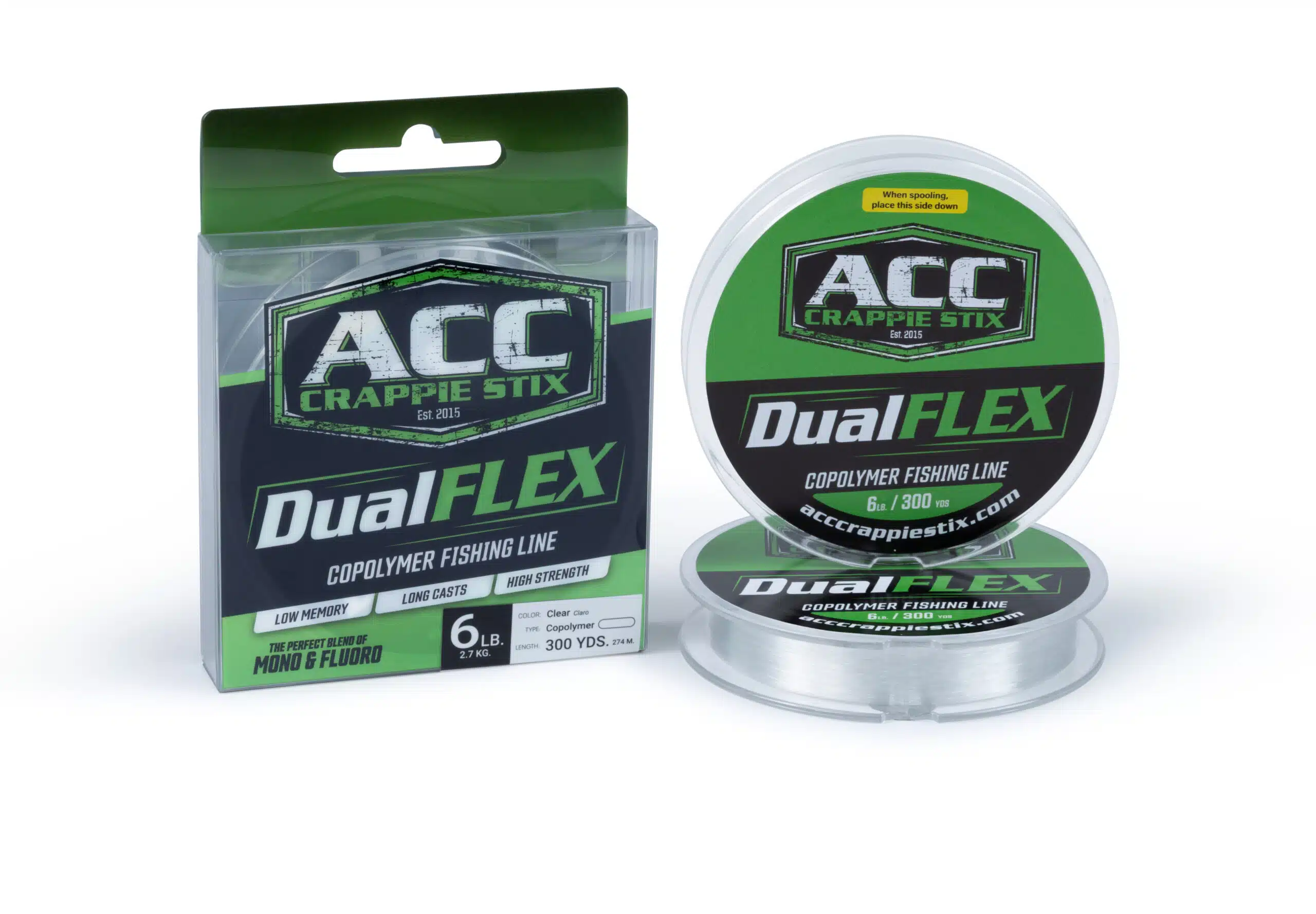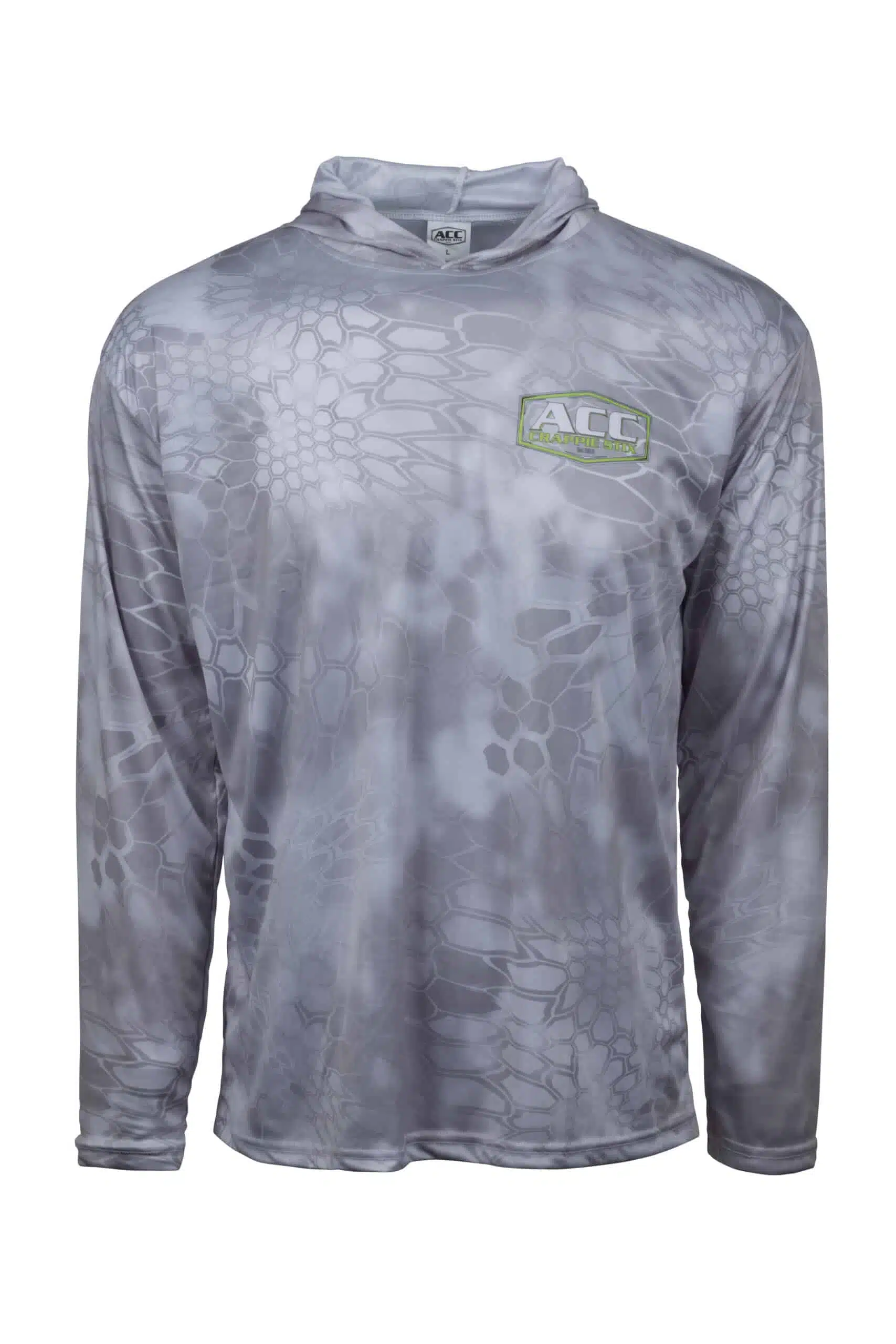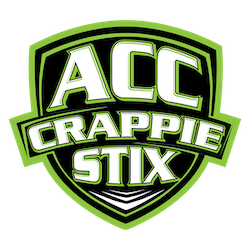Buying a boat: Why fiberglass is better?
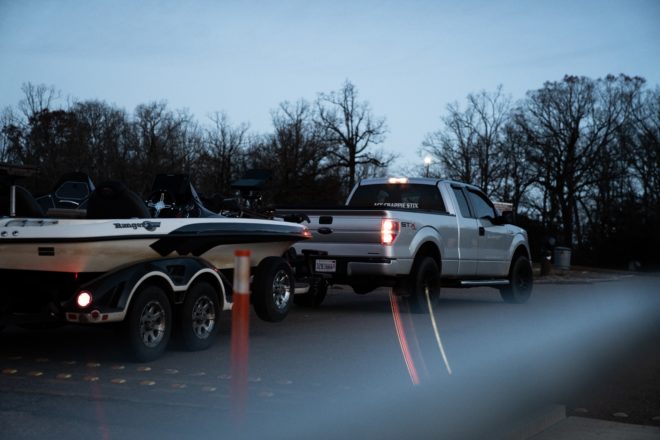
By Greg McCain
The choices are many for fishermen seeking to buy a boat. From hull design to storage capacity to performance to many other features, buyers always consider the pros and cons of different models.
A basic starting point for choosing a boat is composition: Which is better between the two most common materials used in building freshwater boats, fiberglass or aluminum? While the answer may be obvious to the individual, the choice is not always an easy one, especially considering the boat-building evolution that continues to take place.
The ACC pro staff, comprised of anglers from across the country, provide their thoughts about the advantages and disadvantages of both types. Illinois angler Brandon Bullard sums up the possibilities in a short sentence.
“They both have their advantages,” he said.
In the first of two blog posts about boats and the materials of which they are made, let’s consider fiberglass boats today. Coming soon in the second part, we will analyze the pros and cons of aluminum boats.
Fiberglass boats have become hugely popular among crappie fishermen, perhaps even moreso today than just a few years back. Gone are the days when the average crappie fisherman would settle for a very basic aluminum boat. While aluminum still has its place, boats of fiberglass construction continue to be the choice of many fishermen, including the majority of ACC pro staff members.
The advantages of a typical fiberglass boat are many, including obvious features like ride, speed, and boat control and not so obvious ones like storage, fuel capacity, and stealth.
“I currently own both,” said Texas guide and ACC pro staff member Les Milligan (Lake O’ the Pines Fishing Guide Service, 903.445.6804). “21’ Skeeter FX LE is my choice. Glass boats have far better boat control, and they are not near as noisy when you walk on them. The padded front deck helps with fatigue on long days and rough water. Keel protectors allow you to easily beach your boat on a concrete boat ramp.
“Livewell systems are usually much better in glass boats especially in summer heat. Glass boats are faster and usually have larger fuel cells to get away from the crowd. Glass boats have better performance handling characteristics such as making tight turns on pad.”
Les is not just talking theory when listing the advantages of a fiberglass boat. When he first competed in a tour-level tournament two years ago, an American Crappie Trail event on the Ouachita River, Les said at the time that his boat provided him a distinct advantage over other competitors. Running to a tiny oxbow in the D’Arbonne Bayou section of the Ouachita, Wes used the unique performance features of his Skeeter to outrace competitors to a productive spot each day. He eventually finished third in the tournament.
“I have a very fast, high-powered (fiberglass) bass boat that gave me an advantage over other people,” he said after the tournament. “It has a high-performance hull designed for speed and handling. Had it not been for that handling making those turns and switch backs in the bayou, I couldn’t have run it like I did. I’m in a hairpin turn and that boat is on its side. If I’d had a partner, he would have been above me at times.”
While not every angler desires to run a narrow channel at top speed, the fishable qualities of fiberglass boats are a definite consideration. Heavier glass boats provide excellent boat control for anglers who use live technology or for those who regularly battle stiff winds.
“For me, big heavy glass boats!” said guide and pro staff member Tim Howell (Long Branch Guide Service, 662.251.5625), who fishes almost daily in open-water areas on Grenada, Enid, or Sardis lakes in central Mississippi. “On big open water where the wind blows almost every day and you have to fish most every day, you have to have a big heavy boat that will handle the waves and won’t get blown around and catch the wind.
“Tin boats are fine when you can pick the days you fish. I like the stability of the glass boats and the big front deck. It’s paramount for me as a guide.”
The comfort and performance features of fiberglass boats are among the major selling points. Most of the pro staffers focused on the positive attributes of fiberglass with few voicing concerns about the negatives. What about the disadvantages of fiberglass?
As a general rule, fiberglass boats are generally more expensive than aluminum with fully rigged models pushing six figures. Even very basic fiberglass boats cost $30,000 or more new. With those prices in mind, durability is a concern although well-maintained fiberglass boats last for years.
With the positives appearing to outweigh the negatives, fiberglass boats remain a definite option to consider for most anglers. For some, it’s not even a decision any more.
“I’ve had both and will never go back to aluminum,” said ACC owner Andy Lehman.
Following are other ideas, opinions, and general comments about fiberglass boats from other ACC pro staffers:
Fred Mooney (Illinois, Full Moon Fishing Service, 618.731.1601):
“As most have already said, ride, comfort, and boat control definitely goes to fiberglass. I’ve owned both. I take my glass boat through stump fields and creeks the same as I always had done before with the aluminum boat. However, I also didn’t spend or go in debt 60-70k, at which point it would be pretty tough for me to put it through what I do. With that being said, I by far would never go back to metal.”
Wesley Miller (Louisiana, Big Sasquatch Outdoors, 318.465.1668)
“I’ve owned both a 20’ (aluminum) Crestliner and a 21’ (fiberglass) Ranger within the past two years and have guided out of both. The Crestliner had a huge front deck and was an excellent guide boat just for that reason. It was huge up front.
“I bought my ‘06 Ranger and could immediately tell a huge difference in how it fished. Boat slap is nearly nonexistent, and I’m not spooking nearly as many fish. The heaviness of the boat handles the waves and wind much better. I’m now able to fish on days I wouldn’t have before. It is also much faster and on a rough day, the ride is much smoother.”
Jeff Jowers (Alabama, follow Jeff’s fishing reports from the Coosa and other Alabama fisheries on his Facebook page)
“I’ve been fortunate enough to have owned both and enjoyed both glass and the aluminum hulls. However, just like with most anything, both have their pros and cons. The pros with the glass is it’s a lot heavier hull, which makes it easier to control in wind but also requires a bit more maintenance (if you’re OCD as I am about things being so fresh and so clean). The cons with glass vs aluminum are gas efficiency. (Glass) tends to use more (gas) because it’s heavier.”
Be on the lookout for part 2 where we’ll discuss pros/cons of aluminum boats!
